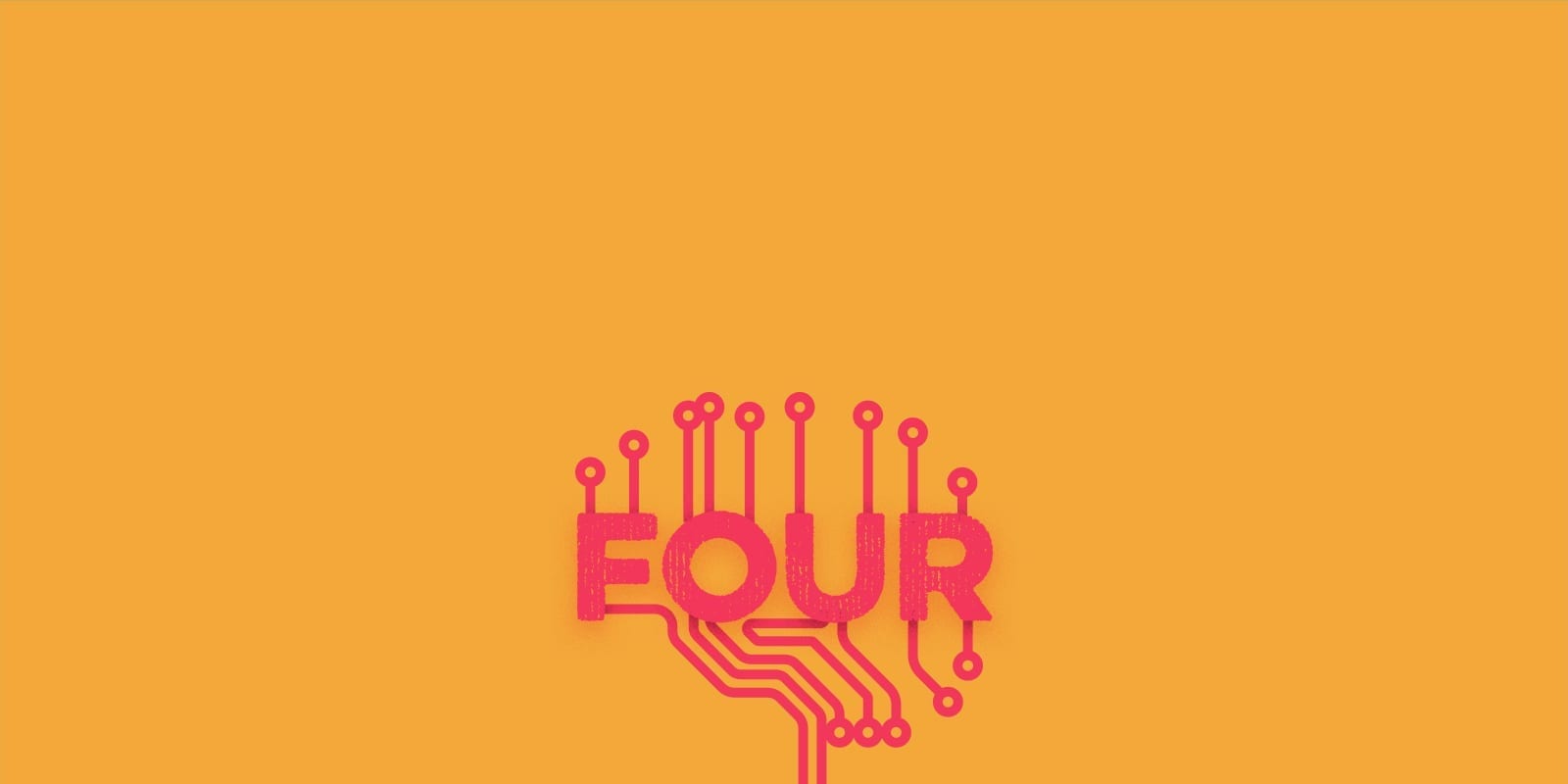Earnest Labs at SXSW: Day 4

As the sun beat down and the parties rolled on, day 4 at SXSW was packed full of inspiration – all kicking off with a talk about our friend Kanye West.
Kenya not Kanye
If there is one industry where technology has made a huge impact – it’s charity and fundraising. The number of sites available for people to crowd source funds (like our very own ‘Two Wheels for Meals’ venture) means it’s easier than ever to do your bit for the world.
The challenge now is, with so many fundraising projects online, how do you stand out from the crowd and engage people in what you are trying to do?
One-way is to ‘news jack’ i.e. ride on the back of a hot topic and turn it in your favour.
This is exactly what Gabriel Ferrer did when Kanye West tweeted that he was $53 million in debt – and deserved more help than Africa. With so much noise on twitter around the crazed rant, Gabriel set up www.kenyanotkanye.com – a site showing how people could help out in Kenya and why (obviously) the projects deserved money more than Kanye.
By launching the campaign at exactly the right time, Kenya not Kanye got publicity across the world and managed to raise thousands of pounds.
It certainly proved that practising quick, agile marketing by launching short campaigns off the back of what people are talking about online does work. It’s something businesses should be setting themselves up for more.
Biz Stone and Jelly
After reading his book, Biz Stone, founder of Twitter, was one of the speakers I was most looking forward to seeing at SXSW and he didn’t disappoint.
Biz has been working for the last few years on a new start up called Jelly – a different type of ‘search engine’ that relies on real life humans answering your questions, something he calls ‘subject search’.
The premise is that people are strangely keen to answer questions they know the answer to, like where is the best place to eat in their local area, and can give better answers to questions and searches that a search engine built on an algorithm simple can’t do.
As Biz put it; “We have been working so hard on artificial intelligence for so long, but what’s wrong with just intelligence?”
This ‘search engine with an attitude’ certainly could be the future, but Biz was keen to point out that it will never replace Google – something he called the bridge between millions of lost souls and billions of websites.
It did also get me thinking that something like Jelly could be the future of how people answer their business problems. 9/10 B2B purchases start with a search – but what if that search was out to a network of people in the know throughout the industry? It certainly could have some big implications for marketers.
What’s hot?
With the conference winding down, one of the directors of SXSW gave his take on what’s been buzzing in Austin.
In the past years SXSW has seen a number of break out apps – most famously Twitter exploding back in 2007 and last year Meerkat owning the conversation.
This year, the biggest and best apps and technologies were about bringing a community together – which for me is the real point of the whole conference.
The point about bringing community together really got me thinking about agency land and for what it’s worth my view is this:
I think there are far too many egos in agencies. Far too many people who think they are the best. Unwilling to learn from others. Here is an experiment: show someone a piece of work from another agency in your space and I guarantee the response will be ‘that’s rubbish’. I do it all the time.
But if we really want clients to be progressive, and interesting – and especially in the b2b industry, not be left in the dark ages, we need to work to inspire each other more – for the good of each other.
Or something like that.
The future
The day finished with a talk from Wired magazine on the technologies that are going to shape our future.
The biggest topic, as has been seen every day, is AI. They believe that the next biggest start ups will be the ones who take X and add AI. Or even take AI and add X.
When you really start thinking about the future and what AI can do, it all becomes a little bit mind blowing. But while the future is often difficult to believe, the real disruptors will be those who believe the impossible.
After all we are just at the beginning of the beginning.
You are not too late.

